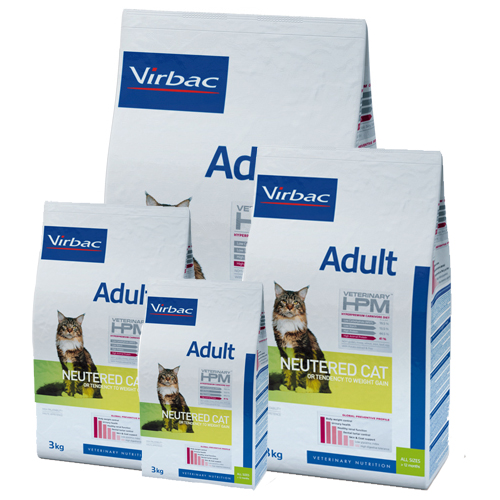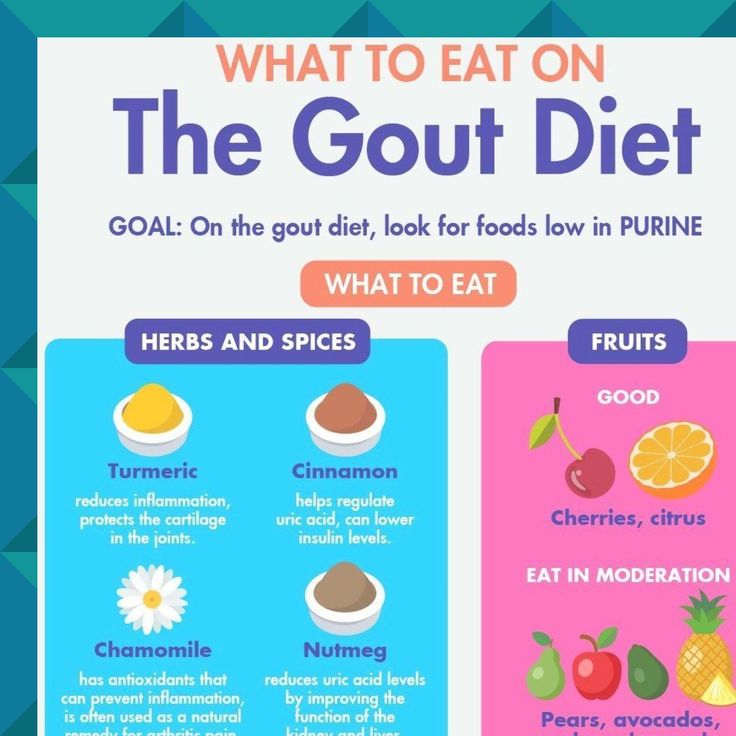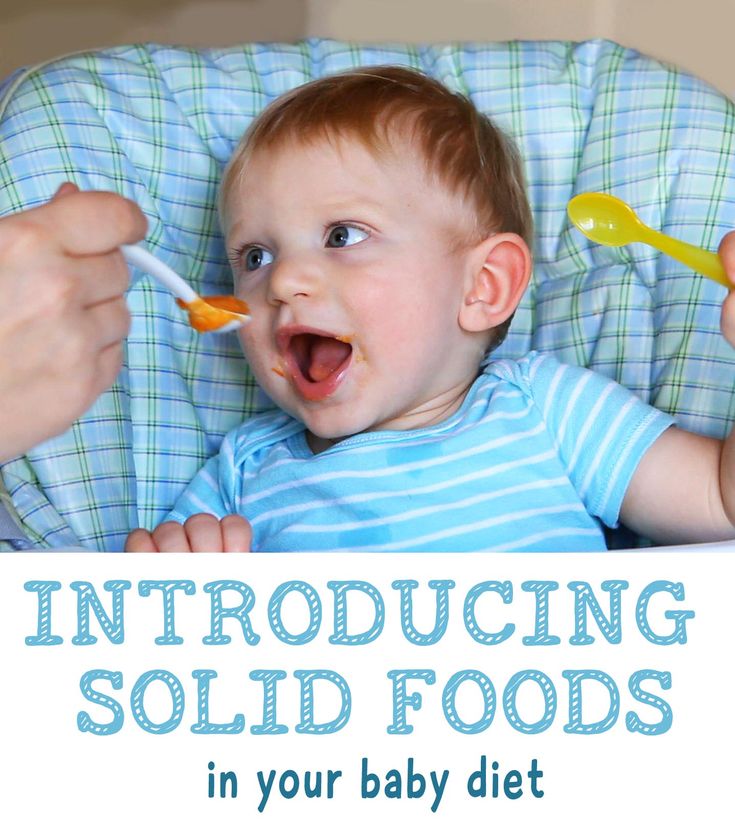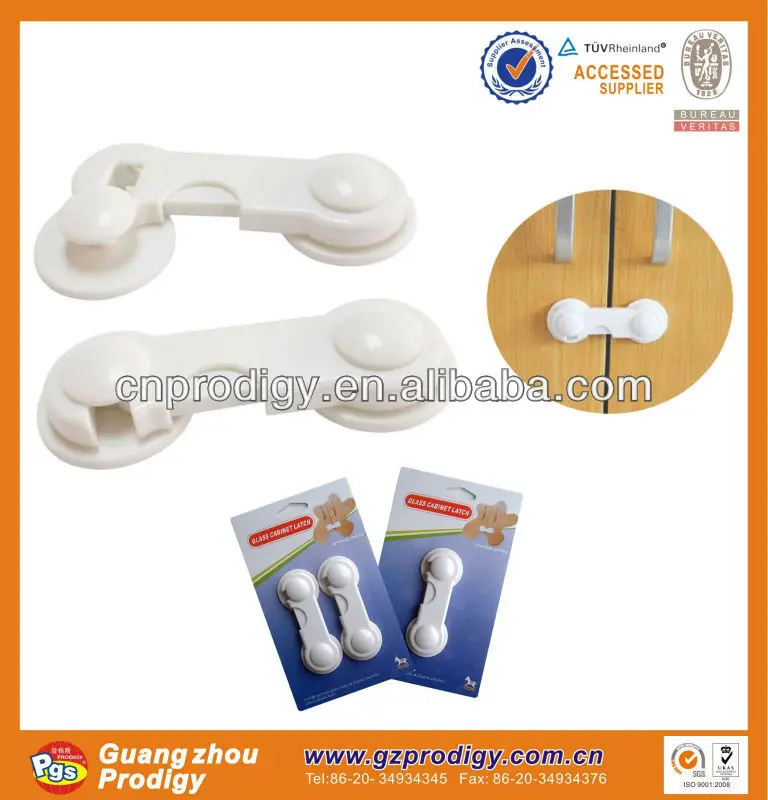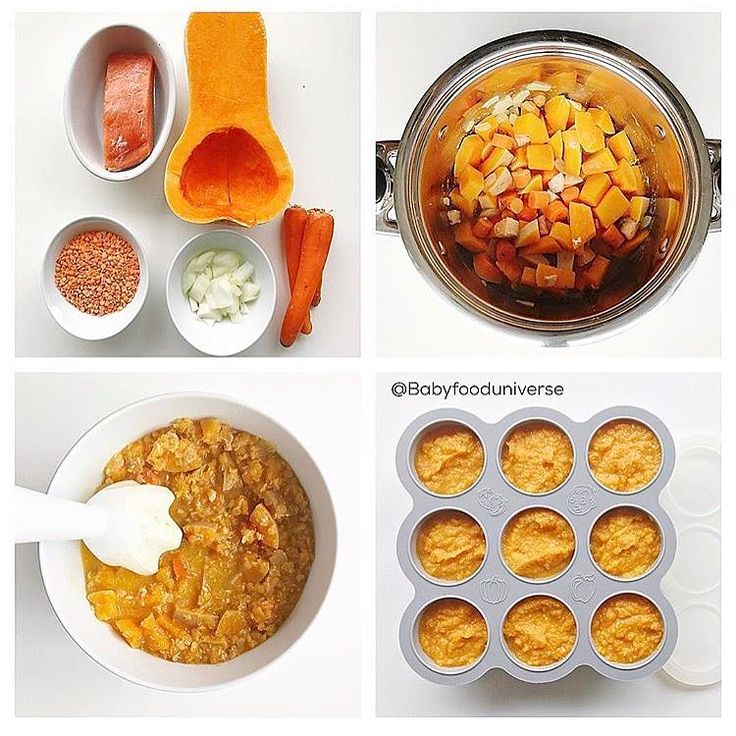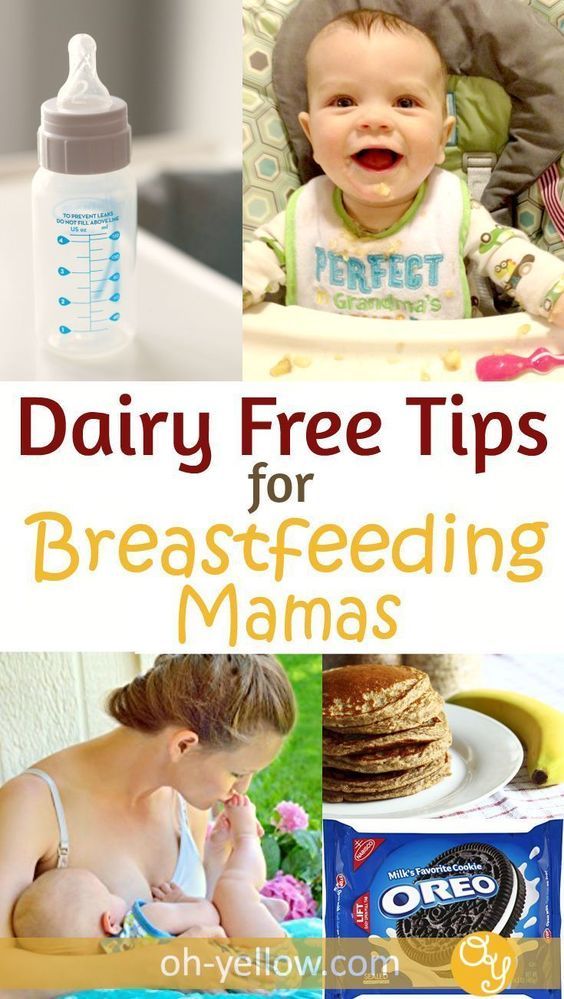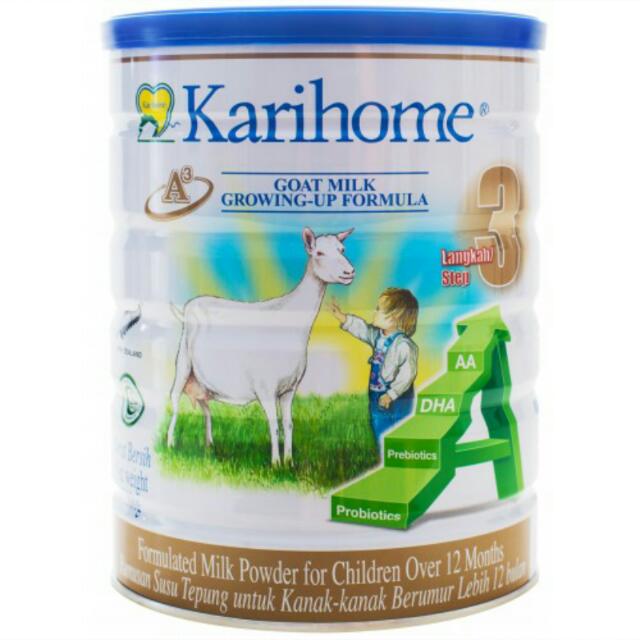Virbac baby dog food
Puppy Food
- For medium breed puppies (adult weight 10-25kg), up to 6 months old.
- For large breed puppies (adult weight >25kg), up to 7 months old.
Available sizes:
- 3 kg
- 7 kg
- 12 kg
At the start of growth, puppies of large and medium breeds have intense nutritional requirements to ensure healthy bone growth, particularly for energy, proteins and minerals. They have a delicate digestive system and an immature immune system. VETERINARY HPM® responds to your medium or large breed puppy’s specific needs.
Nutrition for carnivores
VETERINARY HPM® is a new generation of dog food designed to be closer to the nutritional needs of carnivores. This new and unique range is based on a low carbohydrate-high protein formula. So it is much lower in starch and carbohydrates, and much higher in animal protein. The result is nutrition that is perfectly adapted to your dog’s needs.
35 % High in Protein of which 89 % Animal Protein
Average
of the market
23.5 % Low in Carbohydrate
Maintain good health
Thanks to its nutritional profile (low carbohydrate-high protein balance) and specially selected functional supplements, VETERINARY HPM® is more than just a dog food. It has a wide spectrum of health benefits to support the long-term health and well-being of your dog, the highly evolved carnivore in your own home.
- Daily ration
- Ingredients
THE MEDIUM BREED PUPPY (ADULT WEIGHT 11-25KG)
| Weight of the dog (kg) | Daily Ration (g/day)* | ||
|---|---|---|---|
| AGE (months) | |||
| 2 | 3 | 4/6 | |
| 4 | 200 | 175 | |
| 5 | 230 | 200 | |
| 6 | 260 | 230 | 195 |
| 8 | 315 | 275 | 235 |
| 10 | 365 | 320 | 275 |
| 12 | 310 | ||
| 15 | 360 | ||
THE LARGE BREED PUPPY (ADULT WEIGHT >25KG)
| Weight of the dog (kg) | Daily Ration (g/day)* | ||
|---|---|---|---|
| AGE (months) | |||
| 2/3 | 4/5 | 6/7 | |
| 5 | 230 | ||
| 6 | 260 | ||
| 7 | 290 | ||
| 8 | 315 | ||
| 10 | 365 | 320 | |
| 12 | 415 | 360 | |
| 15 | 480 | 420 | 360 |
| 20 | 580 | 510 | 435 |
| 25 | 590 | 505 | |
| 30 | 665 | 570 | |
| 35 | 740 | 535 | |
| 40 | 805 | 690 | |
PREGNANT/LACTATING MEDIUM DOG**
| Weight of the dog (kg) | Daily Ration (g/day)* | |||
|---|---|---|---|---|
| Gestation (in weeks) | Lactation | |||
| W1-W5 | W6-W7 | W8-W9 | ||
| 11 | 190 | 215 | 295 | 585 |
| 12 | 205 | 225 | 310 | 620 |
| 14 | 230 | 250 | 345 | 685 |
| 15 | 240 | 265 | 360 | 720 |
| 16 | 250 | 275 | 375 | 750 |
| 18 | 270 | 300 | 405 | 810 |
| 20 | 290 | 320 | 435 | 870 |
| 22 | 310 | 340 | 465 | 930 |
| 24 | 330 | 360 | 490 | 985 |
PREGNANT/LACTATING LARGE DOG**
| Weight of the dog (kg) | Daily Ration (g/day)* | |||
|---|---|---|---|---|
| Gestation (in weeks) | Lactation | |||
| W1-W5 | W6-W7 | W8-W9 | ||
| 25 | 335 | 370 | 505 | 1010 |
| 30 | 380 | 420 | 570 | 1140 |
| 35 | 420 | 465 | 635 | 1265 |
| 40 | 460 | 505 | 690 | 1385 |
| 45 | 500 | 550 | 750 | 1495 |
| 50 | 535 | 590 | 805 | 1605 |
| 60 | 605 | 665 | 905 | 1815 |
| 70 | 670 | 735 | 1005 | 2010 |
* These amounts are approximate and may vary depending on the breed and activity level of the puppy.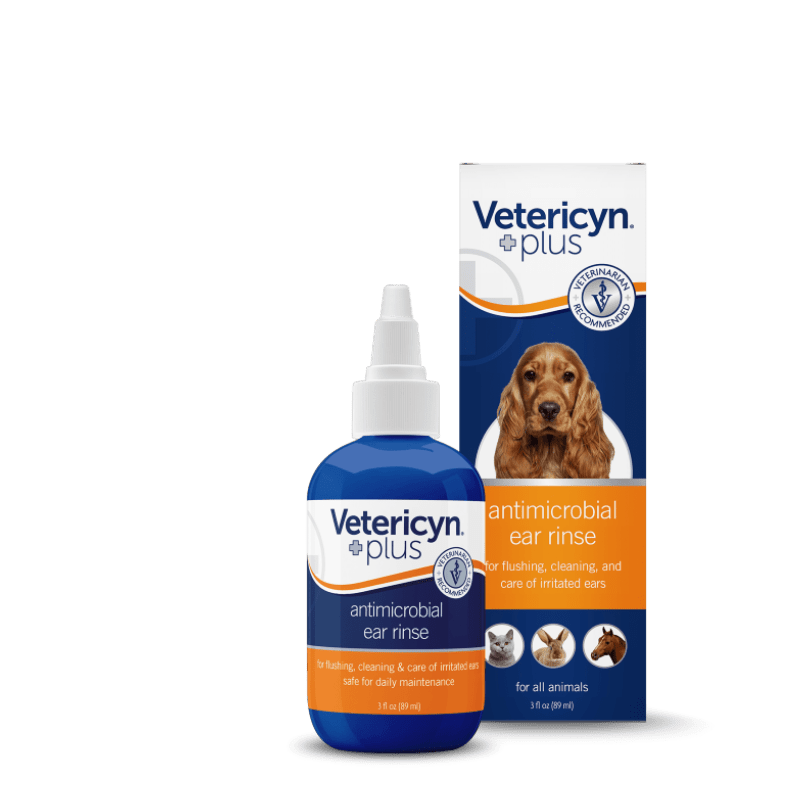 For further information, please consult your veterinary surgeon.
For further information, please consult your veterinary surgeon.
** During gestation, the weight is the one at the beginning of gestation. During lactation, the weight is the lactating bitch’s real weight. During lactation, the bitch may be fed ad lib.
Composition :
Dehydrated pork and poultry proteins, Rice (min. 4%), Animal fats, Peas, Potato starch (min. 4%), Hydrolysed pork and poultry proteins, Lignocellulose, Minerals, Faba bean hulls, Beet pulp, Linseed, Fish oil, Brewers yeast (source of betaglucan), Psyllium fibre (Plantago (L.) spp.), Fructo-oligosaccharides, Lactobacillus acidophilus, Chondroitin sulphate.
VETERINARY HPM™ does not contain any artificial colours or flavours.
Analytical constituents :
(% as fed)
- Moisture
- 9%
- Protein
- 35%
- Animal to vegetable protein ratio
- 89:11
- Fat
- 21%
- Minerals
- 7.5%
- Crude cellulose
- 4%
- NFE *
- 23.
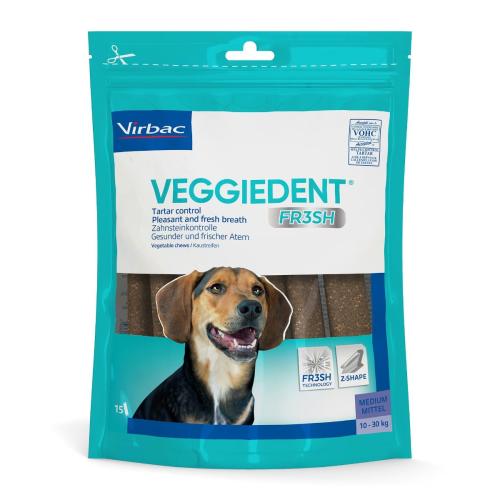 5%
5% - Starch - Read more +
- 19%
- Calcium
- 1.2%
- Phosphorus
- 1%
- Ca/P ratio
- 1:2
- Sodium
- 0.5%
- Omega-6
- 2.5%
- Omega-3
- 1%
- ME** calculated
- 396 kcal/100gc
- ME** measured in vivo
- 396 kcal/100g
- Energy from protein
- 32%
- Energy from fat
- 47%
- Energy from NFE*
- 21%
* Nitrogen Free Extract: available carbohydrate
** Metabolisable Energy
Added Vitamins :
- Vitamin A
- 11 000 IU/kg
- Vitamin D3
- 1 100 IU/kg
- Vitamin E
- 140 mg/kg
- Vitamin B1
- 3.8 mg/kg
- Vitamin B2
- 11 mg/kg
- Vitamin B3
- 30 mg/kg
- Vitamin B5
- 26 mg/kg
- Vitamin B6
- 3 mg/kg
- Vitamin B9
- 0.048 mg/kg
- Vitamin B12
- 0.062 mg/kg
- Choline
- 740 mg/kg
- Taurine
- 1500 mg/kg
Added Minerals :
- Copper
- 15 mg/kg
- Iron
- 25 mg/kg
- Iodine
- 1.
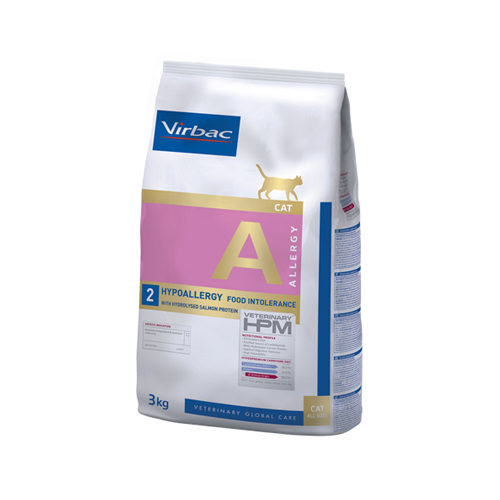 1 mg/kg
1 mg/kg - Zinc
- 120 mg/kg
Added Functional Ingredients Read more + :
- Beta glucan
- 500 mg/kg
- Bentonite
- 0.5%
- Pasteurised Lactobacillus acidophilus
- 7 mg/kg
- L-carnitine
- 330 mg/kg
Other VETERINARY HPM® products
Small and Toy DogLarge and Medium DogNeutered DogDog Clinical DietsCat
Puppy Food Small and Toy Dog
Adult Dog Food Small and Toy Dog
Senior Dog Food Small and Toy Dog
Puppy Food Large and Medium Dog
Medium Breed Junior Dog Food Large and Medium Dog
Large Breed Junior Dog Food Large and Medium Dog
Adult Dog Food Large and Medium Dog
Senior Dog Food Large and Medium Dog
Adult Neutered Dog Food - Large & Medium Neutered Dog
Senior Neutered Dog Food - Large & Medium Neutered Dog
Adult Neutered Dog Food - Small & Toy Neutered Dog
Senior Neutered Dog Food - Small & Toy Neutered Dog
Adult Neutered Sensitive Digest Dog Food - Large & Medium Neutered Dog
Weight Loss & Diabetes Dog Clinical Diets
Weight Loss & Control Dog Clinical Diets
Joint & Mobility Dog Clinical Diets
Digestive Support Dog Clinical Diets
Dermatology Support Dog Clinical Diets
Kidney Support Dog Clinical Diets
Urology (Dissolution & Prevention) Dog Clinical Diets
Hypoallergy Dog Clinical Diets
Kitten Food Cat Lifestage Food
Junior Cat Food Cat Lifestage Food
Adult Cat Food Cat Lifestage Food
Adult Cat Food With Salmon Cat Lifestage Food
Senior Cat Food Cat Lifestage Food
Urology (Struvite Dissolution) Cat Clinical Diets
Urology (Dissolution & Prevention) Cat Clinical Diets
Urology (Water Intake & Behaviour) Cat Clinical Diets
Weight Loss & Diabetes Cat Clinical Diets
Weight Loss & Control Cat Clinical Diets
Digestive Support Cat Clinical Diets
Kidney Support Cat Clinical Diets
Dermatology Support Cat Clinical Diets
Hypoallergy Cat Clinical Diets
View all products in the VETERINARY HPM® range
Frequently Asked Questions
How do I switch from my current food to VETERINARY HPM®?
To help your pet's digestive system adapt successfully to new food, we recommend that you introduce VETERINARY HPM® gradually over a period of 5 to 7 days.
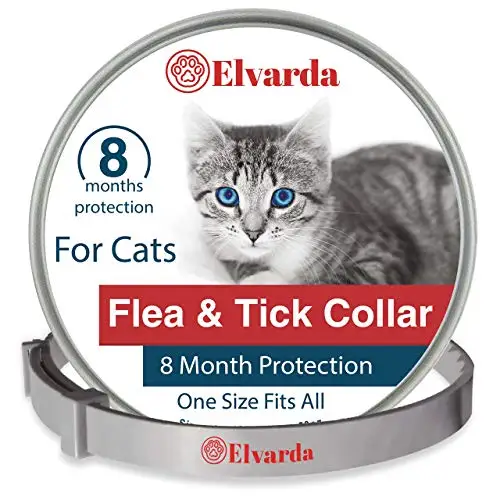
For a successful dietary transition:
Current Food
VETERINARY HPM®
DAYS 1-2
DAYS 3-4
DAYS 5-6
DAY 7
How much should I feed my pet?
VETERINARY HPM® is very palatable, but we do advise that you respect the daily rations recommended by your vet or vet nurse. Our general feeding guidelines can be found on every bag, but your vet or vet nurse can provide you with a recommendation tailored specifically to your pet.
My pet is drinking more. Is this normal?
A dog should drink 50-70ml/kg of their bodyweight each day, whilst cats should consume 60ml/kg.With VETERINARY HPM®, thanks to its higher amount of protein compared to other dry foods, your pet will naturally consume more water.
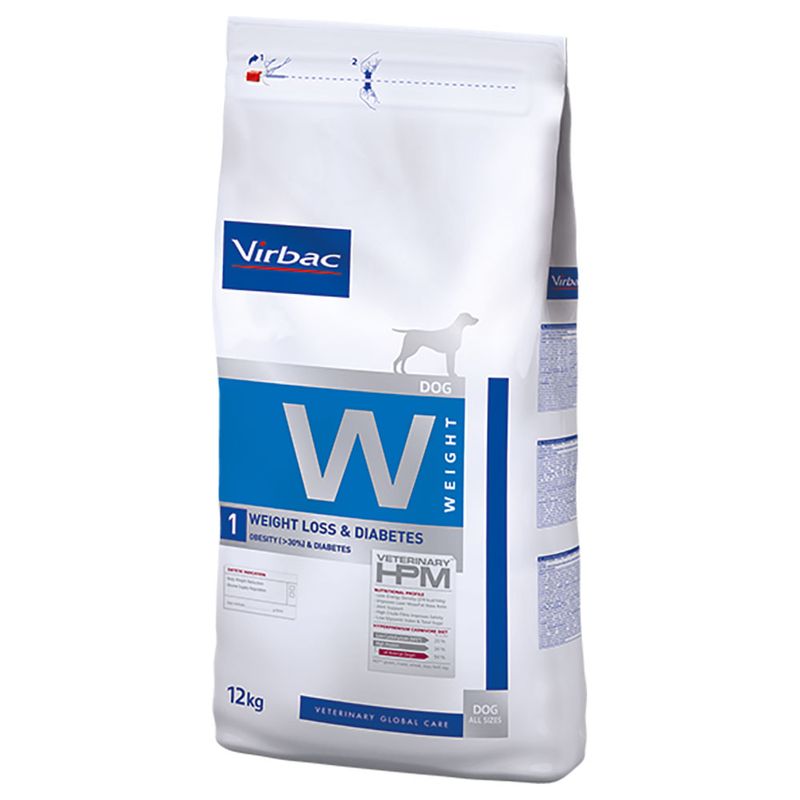 So don't be surprised if they start drinking more water than usual - that's a good thing!
So don't be surprised if they start drinking more water than usual - that's a good thing!Where is VETERINARY HPM® produced?
VETERINARY HPM® is produced in our own factory in France, more precisely in Vauvert, close to Nîmes. This site has been producing quality pet food since 1988, and thanks to a dedicated team of veterinary surgeons and pet nutritionists, we have been able to meet the very high expectations of pet owners in terms of food quality, traceability and safety for over 30 years.
VETERINARY HPM® Spay & Neuter Small & Toy Junior Dog Food
Spay & Neuter Small & Toy Junior Dog
- Nourishes healthy growth
- Supports healthy metabolism
- Supports appetite control
- Supports healthy muscles
- Supports healthy digestion
- Supports healthy skin & coat
Available package sizes: 3 lb • 6.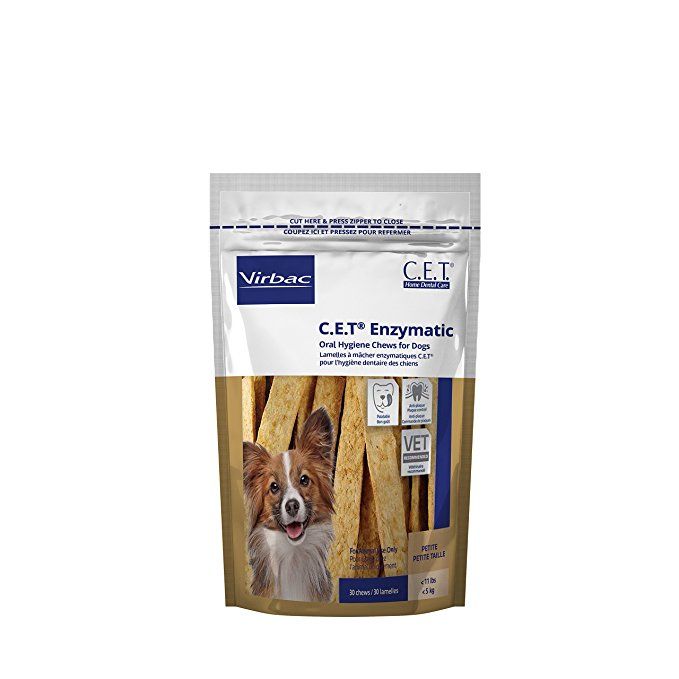 5 lb
5 lb
Buy Now at iVet
Buy Now
More Details
Our Small & Toy Junior Dog Food is for small breed dogs:
- Age: ≤10 months old
- Expected adult weight: ≤22 lb
- Diet type: Growth (i.e. puppy)
Is your small or toy dog >10 months old?
Find the Adult formulation here »
NutritionIngredientsFeeding Guidelines
Nutrition
Calories: 3,480 kcal/kg, 348 kcal/cup
It’s important for you to have easy access to information about the energy sources in your puppy’s food. VETERINARY HPM® dry food for spayed and neutered dogs focuses on animal proteins — which help support appetite control — with moderate fat content and minimal carbohydrates.
Nutritional Adequacy Statement: VIRBAC VETERINARY HPM® SPAY & NEUTER SMALL & TOY JUNIOR DOG FOOD is formulated to meet the nutritional levels established by the AAFCO Dog Food Nutrient Profiles for Growth except for growth of large size dogs (70 lb or more as an adult).
Ingredients
Chicken by-product meal, brewers rice, chicken fat (preserved with mixed tocopherols), dried peas, natural flavors, pea fiber, dried potato starch, powdered cellulose, fish oil (preserved with mixed tocopherols), whole flaxseeds, dried plain beet pulp, salt, psyllium seed husk, montmorillonite clays, fructooligosaccharide, potassium chloride, DL-methionine, vitamins (vitamin A supplement, vitamin D3 supplement, vitamin E supplement, niacin supplement, calcium pantothenate, riboflavin supplement, pyridoxine hydrochloride, thiamine mononitrate, folic acid, biotin, vitamin B12 supplement), calcium sulfate, choline chloride, minerals (zinc sulfate, ferrous sulfate, zinc proteinate, iron proteinate, zinc oxide, copper sulfate, copper proteinate, manganese sulfate, manganese proteinate, calcium iodate, sodium selenite), yeast extract, taurine, propyl gallate (preservative), citric acid (preservative), rosemary extract.
Feeding Guidelines
These recommended daily feeding amounts are tailored to the reduced calorie needs of your spayed or neutered dog.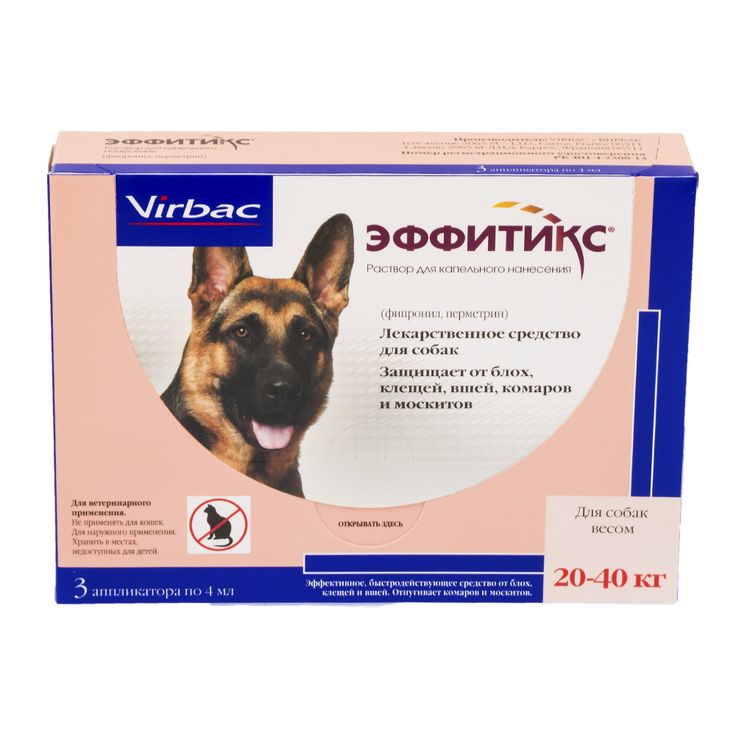 Find the row that matches your dog’s weight and the column that matches their age.
Find the row that matches your dog’s weight and the column that matches their age.
Transitioning Your Puppy to VETERINARY HPM® Pet Food
When beginning a new food, it is recommended to transition your puppy gradually. Begin introducing the new food as a portion of your pet’s regularly scheduled meals. You may increase the portion of the new food over a period of five consecutive days until the pet is fully transitioned to VETERINARY HPM® Junior Dog Food.
Always supply fresh drinking water. An increase in protein intake can naturally cause your pet to drink more water.
Not sure which food is right for your pet? Take our quiz »
Satisfaction Guarantee
100% satisfaction guarantee or your money back for any purchase made in the US. If you are unsatisfied for any reason, please contact Virbac consumer care at 1-800-436-5909 for a full refund or replacement.
Our Products
VETERINARY HPM® Spay & Neuter Adult Cat Food
VETERINARY HPM® Spay & Neuter Large & Medium Adult Dog Food
VETERINARY HPM® Spay & Neuter Small & Toy Adult Dog Food
Alizine, a drug for terminating an unwanted pregnancy in dogs Virbac, 10 ml
COMPOSITION AND FORM OF PRODUCTION peanut up to 1 ml.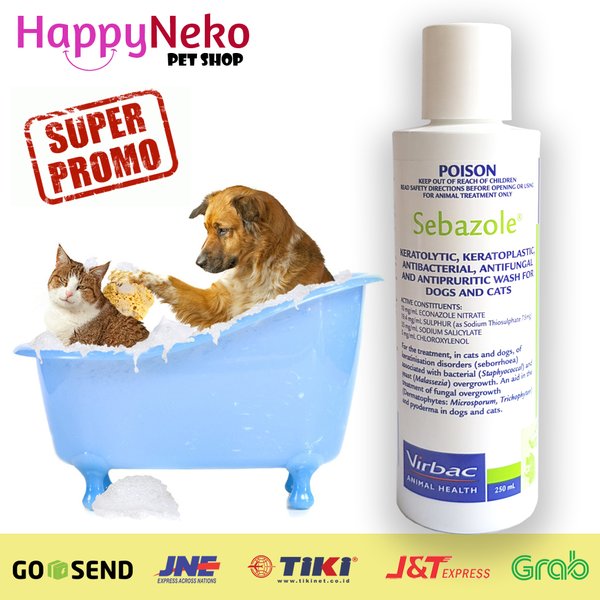
In appearance, the drug is a clear yellow solution for subcutaneous injection. Alizin is produced packaged in 10 ml glass bottles, sealed with chlorobutanol stoppers and rolled up with aluminum caps.
PHARMACOLOGICAL PROPERTIES
Pharmacological group: hormones and their antagonists. Aglepristone, which is part of Alizin, is a synthetic steroid that is a progesterone antagonist. Aglepristone blocks progesterone receptors in the uterus, disrupting the normal physiological process of maintaining pregnancy in bitches, leading to abortion or fetal resorption. The ability of aglepristone to bind to the progesterone receptors of the uterus in dogs is 3 times higher than that of progesterone. Aglepristone does not change plasma concentrations of progesterone, prostaglandins, oxytocin or cortisol within 24 hours after its administration, but promotes the release of prolactin within 12 hours after injection. The maximum concentration of aglepristone is observed in the blood 2.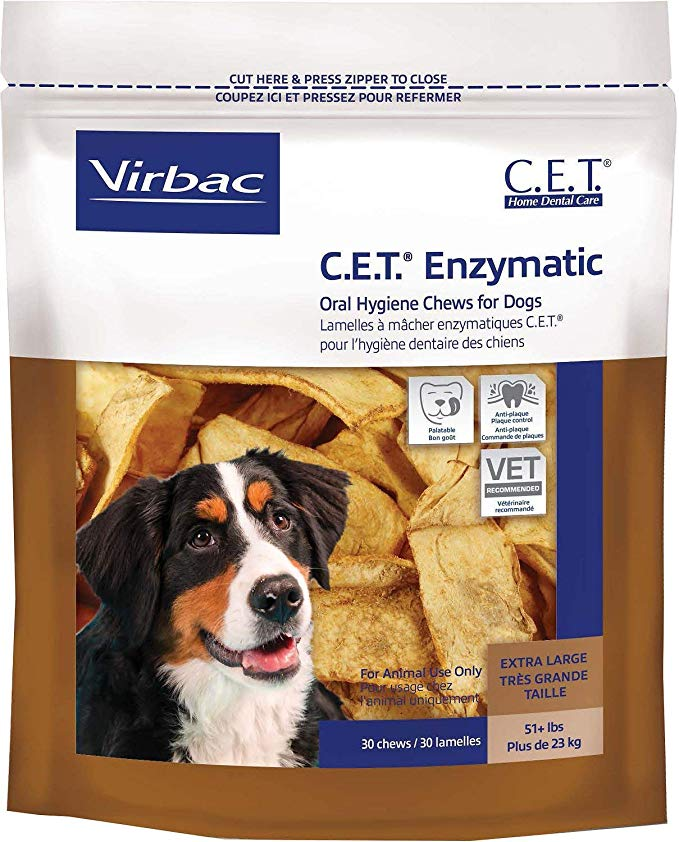 5 days after the administration of the drug. Aglepristone bio is transformed in the liver and excreted from the body mainly with faeces.
5 days after the administration of the drug. Aglepristone bio is transformed in the liver and excreted from the body mainly with faeces.
INDICATIONS
Used to terminate unwanted pregnancies in pets up to 45 days after accidental mating. Alizine is also used to treat pyometra in dogs and cats without surgery.
DOSES AND METHOD OF APPLICATION
Alizine is used after the end of estrus. The drug is administered to dogs under strictly aseptic conditions, subcutaneously in the area of the withers, twice, with an interval of 24 hours at a dose of 10 mg/kg of animal weight (0.33 ml of solution per 1 kg of animal weight). In cats, the drug is administered at a dose of 10 mg/kg body weight once every 24 hours.
Alizin doses greater than 5 ml must be administered at different points.
Duration of drug administration: dogs - 0-45 days of pregnancy, cats - 7-8 days after mating.
The effectiveness of the drug is 99% (when used up to the 25th day) and 96% (when used up to the 45th day).
The dose of the drug depending on the weight of the animal is:
The dose of the drug depending on the weight of the animal is:
| Dog weight, kg | 3 | 6 | 9 | 12 | 24 | 30 | 42 |
| Dose, ml | 1 | 2 | 3 | 4 | 8 | 10 | 14 |
Lightly massage the injection site after administration of the drug.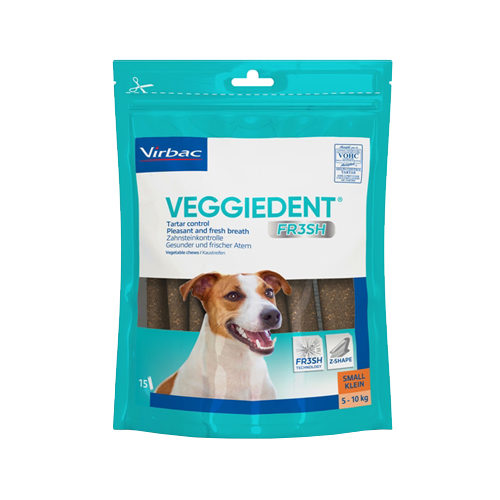 If the volume of the injected solution exceeds 5 ml, then the drug must be administered at several points. Abortion (or fetal resorption) occurs within 7 days after the administration of Alizin.
If the volume of the injected solution exceeds 5 ml, then the drug must be administered at several points. Abortion (or fetal resorption) occurs within 7 days after the administration of Alizin.
After use, a return visit is required for examination and confirmation of termination of pregnancy by ultrasound. When terminating an early pregnancy - 20 days after treatment, in the middle term - after 8 days. In case of incomplete abortion, treatment (2 injections of Alizin at a dose of 0.33 ml / kg / day with an interval of 24 hours) can be repeated after 10 days, between 30 and 45 days of pregnancy.
After using the drug, subsequent estrus passes in accordance with the physiological norm, which ensures unhindered pregnancy and childbirth.
SIDE EFFECTS
In case of increased individual sensitivity in animals, allergic reactions are possible. With the introduction of Alizin, local inflammation and pain at the injection site may occur.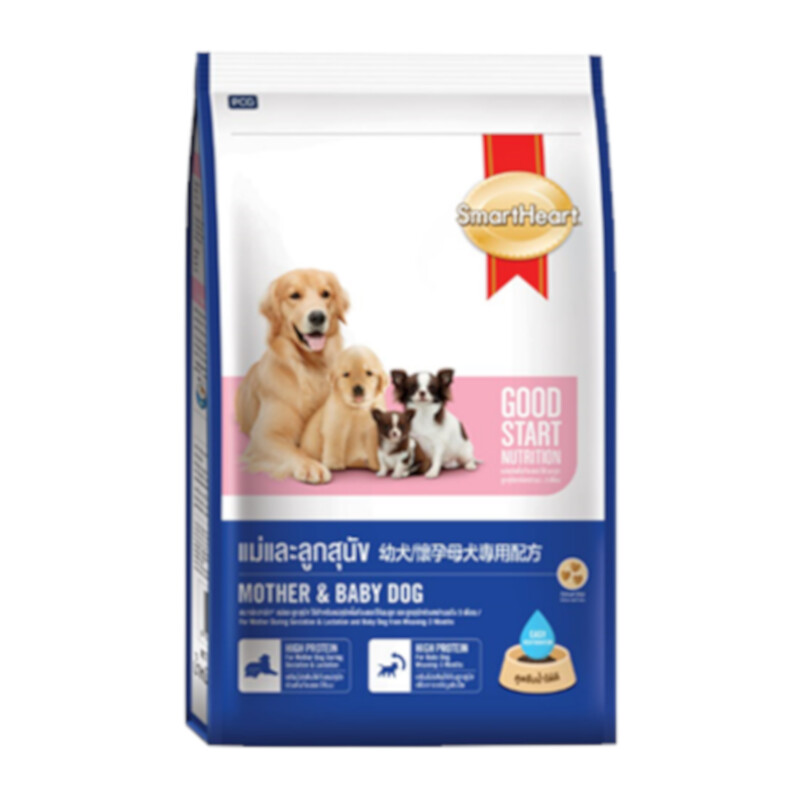 In bitches treated after the twentieth day of pregnancy, abortion may be accompanied by signs of physiological labor, i.e. expulsion of the fetus, slight loss of appetite and stasis of milk.
In bitches treated after the twentieth day of pregnancy, abortion may be accompanied by signs of physiological labor, i.e. expulsion of the fetus, slight loss of appetite and stasis of milk.
CONTRAINDICATIONS
Individual hypersensitivity of the animal to aglepristone. The drug should not be used in dogs with impaired liver, kidney and adrenal function, as well as in patients with diabetes.
SPECIAL INSTRUCTIONS
When working with Alizin, you should follow the general rules of personal hygiene and safety precautions provided for when working with drugs for animals.
STORAGE CONDITIONS
Alizin® is stored in the manufacturer's closed packaging, in a dry, dark place, out of the reach of children and animals, separately from food and feed at a temperature of 15 °C to 25 °C. The shelf life of the medicinal product, subject to storage conditions, is 3 years from the date of manufacture. After the first opening of the vial, the drug can be used for no more than 28 days, subject to the rules of asepsis and storage at a temperature of 3°C to 5°C.
After the first opening of the vial, the drug can be used for no more than 28 days, subject to the rules of asepsis and storage at a temperature of 3°C to 5°C.
Is it possible to feed dogs with baby food, what to give instead for puppies
January 25, 2022
The question seems simple and unambiguous only at first glance. Many people think that if a product is made for babies, its quality should be on top and certainly suitable for feeding pets. We do not argue that in most cases the production of food for infants is indeed of high standards, but the problem here is not in the quality of raw materials and compliance with production standards, but in compliance with the composition of baby food to the needs of predators - adults and especially growing ones.
Only as a treat
If there is a baby in the house, dogs often get uneaten leftovers from instant cereals, milk mixtures, vegetable and meat purees. Well, if it's about giving baby food as treats to dogs, it's okay, even though it doesn't make sense.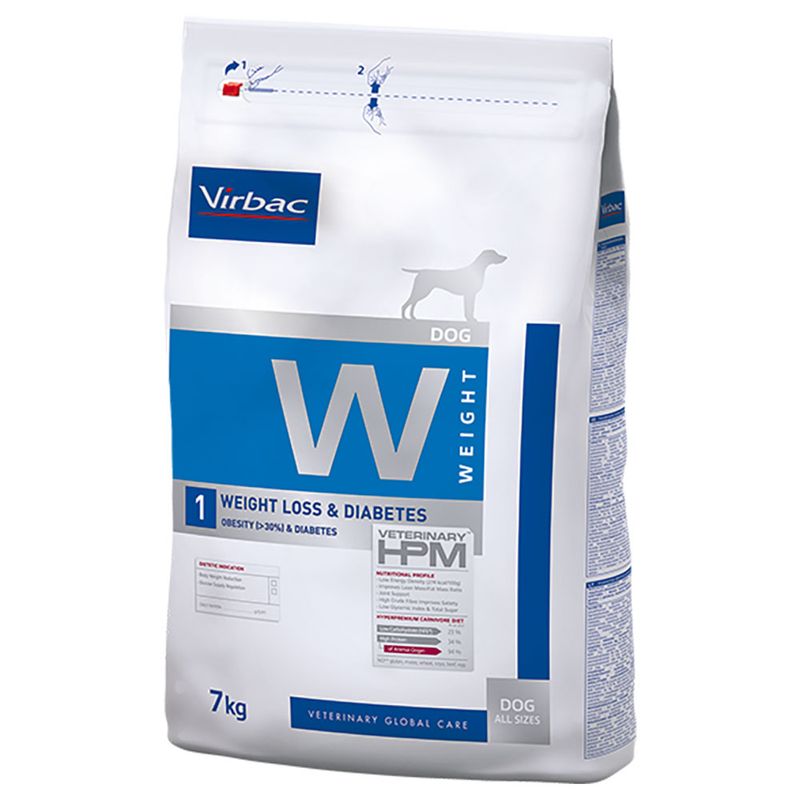 Just do not forget that the share of this kind of treats should be no more than 10% of the calorie content of the entire diet (per day), otherwise your dog will quickly gain weight, which will be very difficult to get rid of.
Just do not forget that the share of this kind of treats should be no more than 10% of the calorie content of the entire diet (per day), otherwise your dog will quickly gain weight, which will be very difficult to get rid of.
Particularly harmful in this regard are porridges, a source of readily available carbohydrates. However, cottage cheese, kefir and milk mixtures are also not the healthiest food for a dog. Yes, they contain milk protein and usually probiotics, but they are often additionally sweetened - which is not good for animals at all. If we are not talking about puppies, but about adult dogs, then “native” milk sugar is a big risk. The farther from puppyhood, the less pets have enzymes designed to digest lactose. By 7-8 months, only a small part of the dogs can digest and assimilate the "milk" well, the majority have bloating, diarrhea of varying degrees of intensity.
What about meat purees in glass and tin jars - such as Tyoma, Nestle, Grandmother's basket, etc.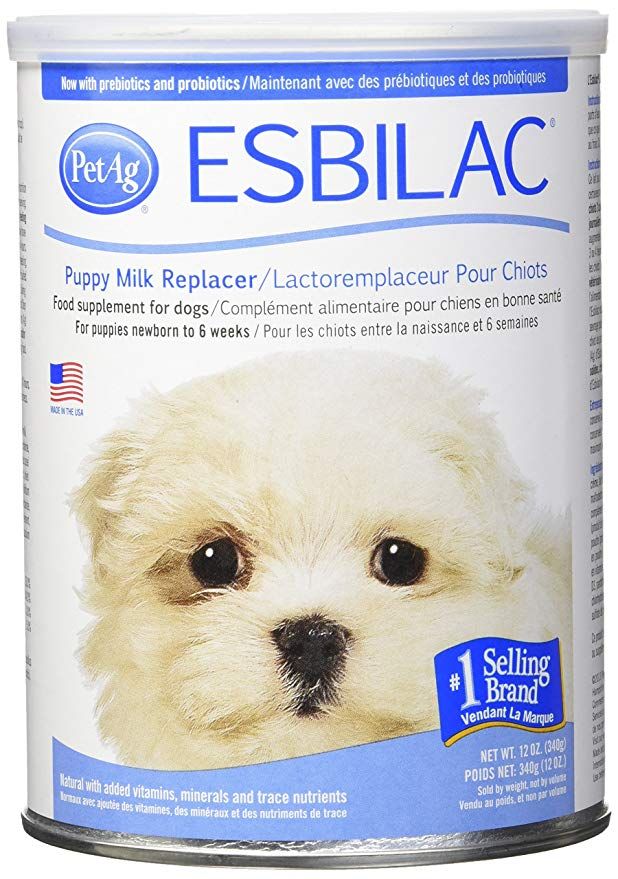 ? It is they who are most often referred to when they talk about feeding pets with baby food. Moreover, many owners specifically buy baby food in stores, and do not use stocks purchased for children and grandchildren with the goal of “not wasting”. Usually this practice is typical for owners of small puppies, adult dogs of small breeds, as well as pets who find it difficult to chew. Alas, it is undesirable to give even meat baby food to dogs on an ongoing basis. And there are reasons for this.
? It is they who are most often referred to when they talk about feeding pets with baby food. Moreover, many owners specifically buy baby food in stores, and do not use stocks purchased for children and grandchildren with the goal of “not wasting”. Usually this practice is typical for owners of small puppies, adult dogs of small breeds, as well as pets who find it difficult to chew. Alas, it is undesirable to give even meat baby food to dogs on an ongoing basis. And there are reasons for this.
Why shouldn't you feed meat baby food to your dogs?
First, these products have a completely different composition. The dog will obviously not receive the necessary components - animal protein and fat, which are vital to it, and calories will not be received from the usual and so healthy meat, fish or poultry, but most likely from grain and starch.
Secondly, all these products undergo a powerful heat treatment (sterilization), during which not only possible pathogenic microorganisms are destroyed, but also many useful substances vital for predators are lost - a number of amino acids and vitamins.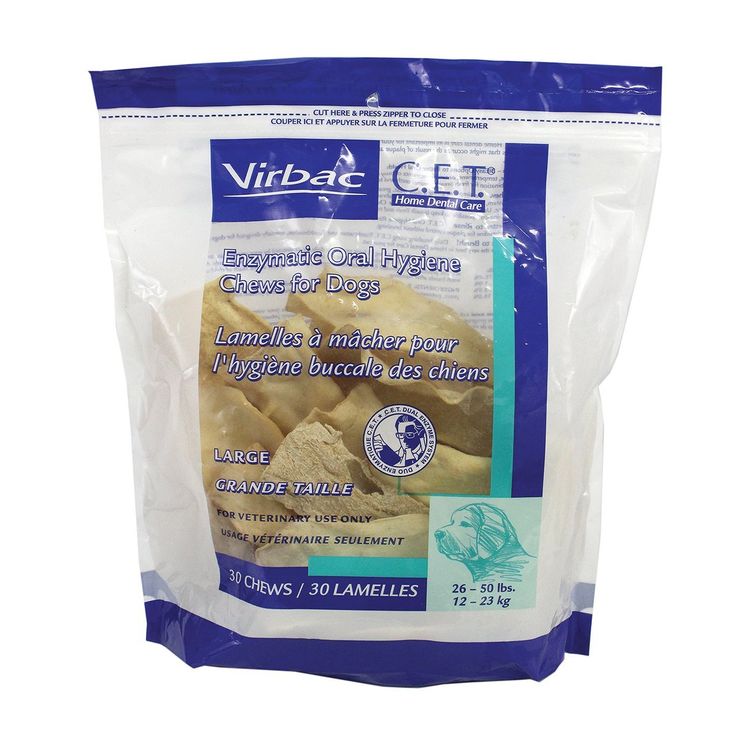 In the manufacture of industrial food for dogs, the same thing usually happens, however, manufacturers, knowing about the problem, introduce the "lost" substances additionally, at the last stage of production.
In the manufacture of industrial food for dogs, the same thing usually happens, however, manufacturers, knowing about the problem, introduce the "lost" substances additionally, at the last stage of production.
It is not for nothing that ready-made food, which is intended for daily nutrition of animals, is called “complete” or “balanced”, and its recipe is called “formula”. On the label you will definitely find the components included in the mineral-vitamin complex, the amount of proteins, fats, carbohydrates, fiber. And even if some substances were not enough in the feedstock, after taking samples for analysis, the developer will add what is needed to the “dough” of the feed.
Data on the needs of dogs are not taken from the ceiling and not from the personal experience of the manufacturer, but are correlated with the figures recommended by the competent regulatory organizations - AAFCO, FDA, as well as GOSTs for non-productive animals.
Thirdly, in the composition of children's meat food, you can often find such undesirable components as potato starch, rice or wheat flour. And also, which is rather unpleasant, salt, spices and even dried onions. The proportion of such additives is rarely indicated, and it may happen that when buying a “meat” puree, you will provide your pet with only its likeness, moreover, devoid of the necessary nutrients.
And also, which is rather unpleasant, salt, spices and even dried onions. The proportion of such additives is rarely indicated, and it may happen that when buying a “meat” puree, you will provide your pet with only its likeness, moreover, devoid of the necessary nutrients.
Why is the use of baby food so popular in feeding puppies and dogs? This product really has many advantages: it contains understandable types of meat, is well homogenized and has a delicate texture (which is important for small puppies and dogs with oral problems), is completely ready for use and can be stored at room temperature. An important advantage for some owners is the financial side of the issue: sometimes baby food seems cheaper than high-quality wet dog food, and at the same time it is easy to buy.
Is it possible, taking into account the above-mentioned advantages, to choose an analogue for children's purees among canned food created specifically for dogs? Delicious, complete, healthy in composition, delicate in texture, conveniently packaged and affordable and available in stores? Of course you can.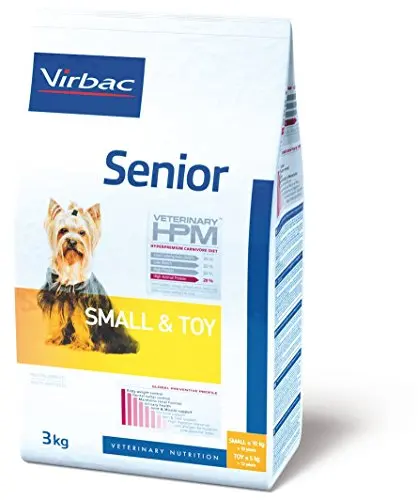
What to give instead of baby food?
Let's start with those who receive baby food not from younger family members, but from reverent owners who strive to give their pet the best and safest.
Complementary foods for small puppies
For the first three weeks, mother's milk is the only thing a puppy needs, but then you can start accustoming a kitten to meat food. Not any diet is suitable, but as you understand, the most tender, easily digestible and very nutritious. It is commonly referred to as a "starter", but not all manufacturers make one. We have such a product in our assortment, it is Blitz Sensitive "Turkey with Zucchini" - a starter food for puppies, pregnant and lactating bitches. Packed in 200 g cans with a key. Contains turkey meat, several types of offal, zucchini pulp, milk powder, prebiotics and a vitamin and mineral complex. The product has a high calorie content, so it is advisable to give it up to 4 months, when the puppies are growing rapidly, then it is advisable to switch to other canned food options, for example, with chicken and pumpkin or lamb and turkey.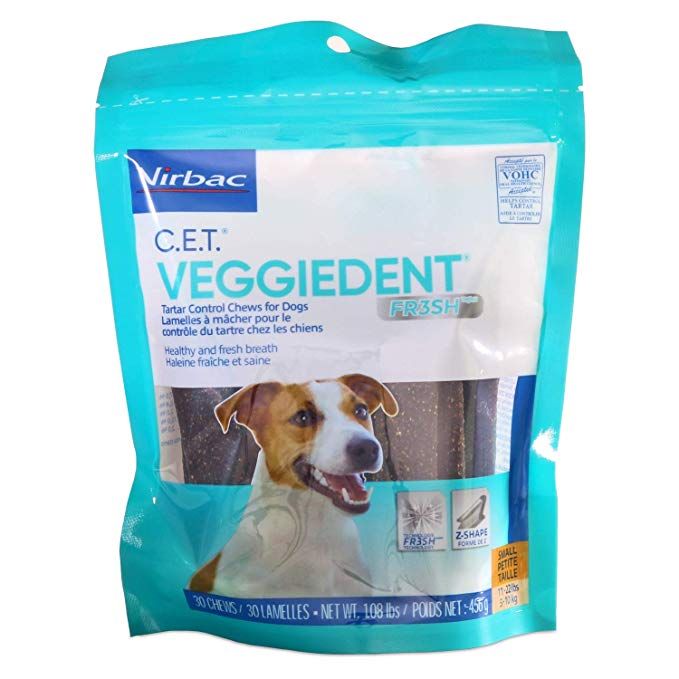
All Blitz wet foods for dogs and puppies are complete rations with 80% to 98% meat ingredients. By consistency, they are divided into “pieces in sauce” or chopped pates, they are available in different packaging options (85 g, 200 g, 400 g and even 700 g) and are presented in a wide flavor palette - you will definitely choose what suits your pet.
The current assortment can be viewed on this page of our catalogue. Foods marked "for all breeds and ages" are designed, among other things, for the daily feeding of puppies that have come out of the lactation period.
Canned food for small breeds of dogs
Miniature pets (Chihuahua, Spitz, Dachshund, Toy) are also very fond of eating baby food, and in terms of packaging it seems to be intended for them for a single serving. But, despite the external "toy", these are real dogs - brave, tireless, with well-developed muscles and light bones. And they need to eat the same way as other breeds - not purees like "Tyoma", but a balanced diet.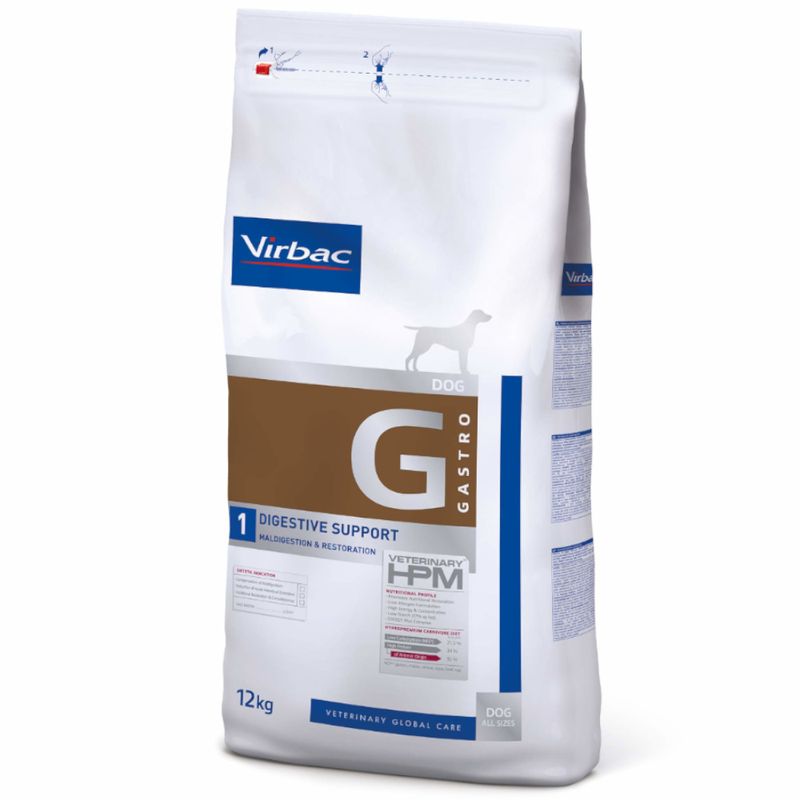 Slices of canned Lamb with Salmon, Beef with White Fish or Turkey with Duck soaked in fragrant sauce will please your gourmet much more than baby food, and they will be a hundred times more useful.
Slices of canned Lamb with Salmon, Beef with White Fish or Turkey with Duck soaked in fragrant sauce will please your gourmet much more than baby food, and they will be a hundred times more useful.
Blitz dog food is produced in Russia using European equipment. They are developed taking into account the recommendations of leading veterinary organizations and regulatory authorities, from high-quality raw materials, without the use of preservatives and dyes.
Nutrition for debilitated dogs
In most cases (except for liver diseases) during the recovery period and in old age, dogs do not need diet food (as we understand it), but easily digestible nutritious food. If your dog was recommended a temporary liquid diet after surgery, or if your pet has oral problems, it is not necessary to opt for baby mashed meats. The correct choice would be to use any of Blitz's complete wet or even dry foods, bringing them to the desired consistency with water.